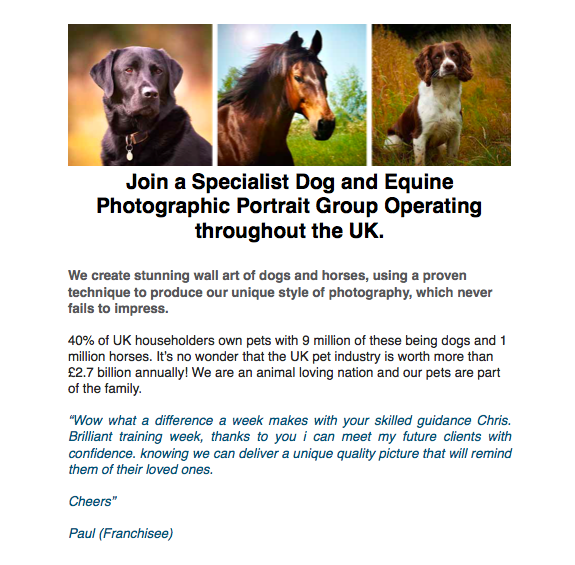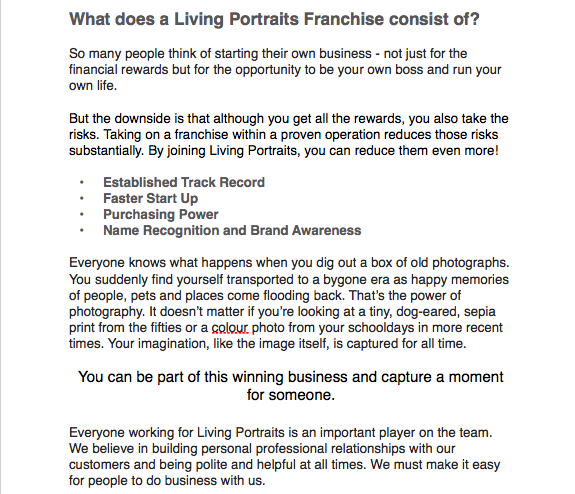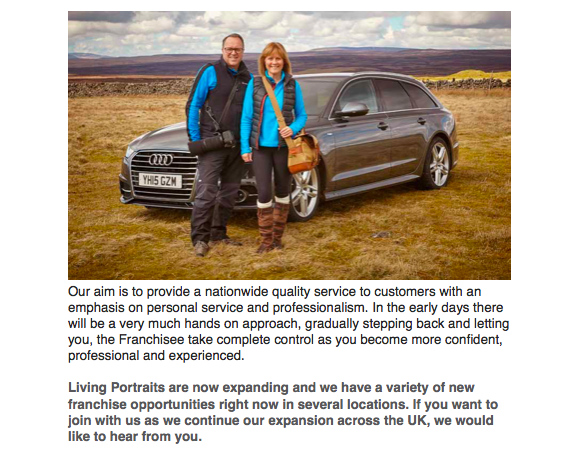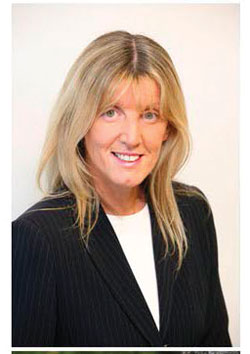In the early 1920s, an American psychologist named William Moulton Marston subscribed to the idea that there are four dominant communication and behavior styles. Marston discovered those who possess similar characteristics also happen to speak, listen, process information, make decisions and produce results in similar fashion,, classifying franchise buyers as the Action Hero, Comedian, Faithful Sidekick and Private Eye.

Action Hero
Action Hero’s are visionary, entrepreneurial, results-oriented and big-picture thinkers. They are strategic and efficient, pushing for the quickest, easiest and simplest way to produce results. They would buy a franchise because, “It is an efficient use of resources and the quickest and easiest way to achieve my objectives.” They see the franchisor as a strategic partner but would predictably arm wrestle from time to time over issues of control.
Keys to communicating: Get right down to business. State your objectives for the call up front and ask what they are looking to achieve. State a simple agenda and get their buy-in. Implement the “3 B” communications strategy: be good, be brief and be gone. Have clear follow-up, knowing who does what and by when. Don’t challenge their opinions or they might get argumentative. Instead, ask permission first: “Would you be open to hearing any data contrary to your opinion?”
Comedian
Comedians are outgoing, gregarious, influential, charismatic leaders, personifying the typical sales and marketing personality. They are optimistic and entrepreneurial and work well on a team. They are brilliant at sales and marketing and make work fun. They see the franchisor as a teammate and seek to build deep personal relationships with the franchisor’s staff. They need to align the business with their identity, looking to see themselves in the business.
Keys to communicating: Chit chat. Get to know them as people. Ask personal questions and expect them to ask the same of you. They only do business with friends, so be informal. Have an agenda for every call, but let them zig-zag in the middle. Move quickly. Crack jokes. Ask questions that get them back on agenda as they drift. Put all follow-up action items in writing.
Faithful Sidekick
Faithful Sidekicks are slow, methodical and data-based decision makers. Like the Comedians, they are strong relationship builders, but more low-key and better listeners. They follow processes and systems. They see the franchisor as an “insurance policy,” thinking, “I would rather hit a single or double with a high degree of predictability than hit a homerun but incur more risk.” They are motivated by security and stability, and they want to belong to a larger group.
Keys to communicating: Slow down. Have an agenda for every call with clear action items. They ask many questions and prefer detailed answers, so leave time for these calls. Ask questions to draw them out. They may not volunteer information unless asked. End calls with clear action steps. They take a longer time to make decisions than Comedians or Action Heros. Don’t push them too hard or they will shut down.
Private Eye
Private Eyes are highly informed, analytical, data-based decision makers. You have to create a solid case as to why the business is unique, profitable, necessary to the customer and sustainable for the long haul. They follow processes and systems to the letter. They are very quality driven and excel in the technical parts of a business. They prefer to work alone.
Keys to communicating: They move slowly and methodically, collecting reams of data and asking many questions. They are very risk-averse and may appear to be low on trust or lacking confidence. They are professional in their approach, and it is wise to respect that boundary. Don’t try to be “buddy buddy,” as they will see this as unprofessional and that might create a trust issue. Have an agenda for every call. Follow the agenda closely without jumping around. End meetings with clear action items, detailing who will do what and by when.
Predicting Buying Styles on the Fly
When on a call, listen for speed and pitch. All fast-talking, expressive “headliners” are either Action Heros or Comedians. In face-to-face meetings they talk with their hands. If you encounter a fast talking, expressive headliner, immediately create some professional distance. Action Heros will respect the boundary and engage you formally. Comedians will cross the boundary by asking you personal questions.
Conversely, if you immediately experience someone as slow talking, more monotone, and who speaks in whole and complete sentences, know you are talking to either a Faithful Sidekick or a Private Eye.
A simple rule of thumb is that franchisee recruiters want to recruit according to their style. However, franchise buyers want to buy according to their style. The best recruiters are masterful at simply letting buyers buy, giving them what they need and how they need it to make an intelligent decision.
By Joe Mathews, CEO of Franchise Performance Group










